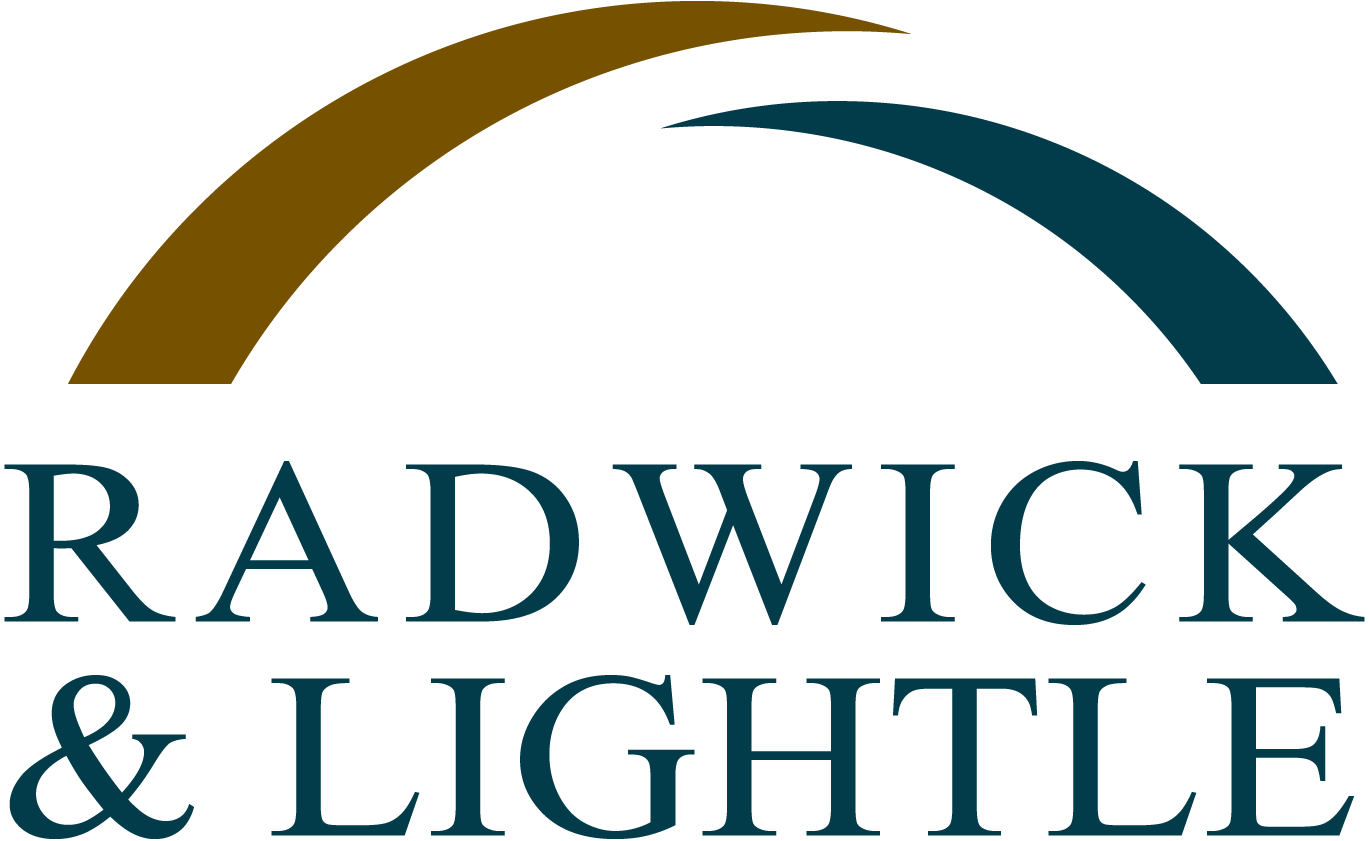Partially Self-Funding is the unique answer for employers trying to save money on the cost of health insurance. Partially self-funded programs are usually established by a TPA who has pre-established vendors who will manage all aspects of the health plan including, account management, the prescription drug plan and stop-loss carrier(s). Employers are given a lot of flexibility to how their plans are designed, including selecting which provider network to use (ie. Aetna, Cigna/Great West, etc.).
Another difference made by partially self-funding is in the name. The employer will have a fixed set of premiums for the entire policy year. For example they will pay a fixed amount for administration fees, individual stop-loss, aggregate stop-loss and funding for the claims account to give a total fixed cost per employee and dependents.
Some of the characteristics of partially self-funding are
Competitive rates
Up to 12/21 Contract basis
Internal pooling point maximizes potential for employer refund
Most industries are eligible
Group sizes are typically between 10-200 employees
Unused claims funds are paid back to the group based off of the original contract with the TPA (50% is typical)
Stop Loss insurance offers full protection from larger claims. Employers will never have to pay more than the maximum monthly cost
The predictability of a fixed monthly cost-there are no extra charges if there are high claims
ERISA plan that is exempt from some of the new federal Affordable Care Act regulations and taxes that equals more in premiums
